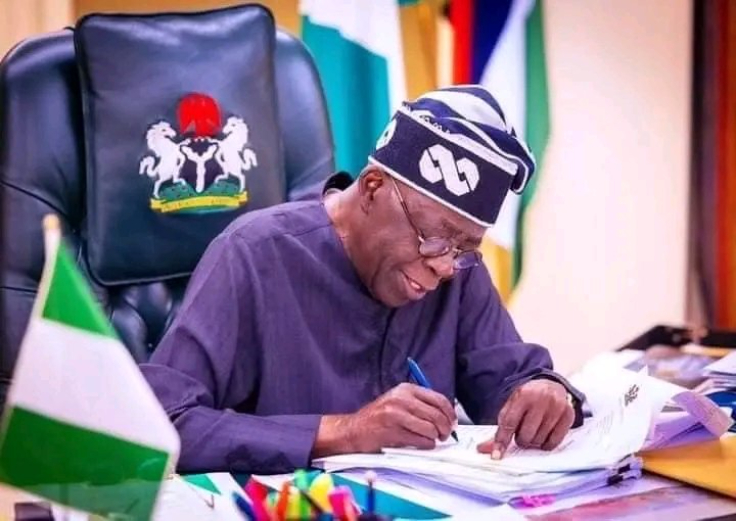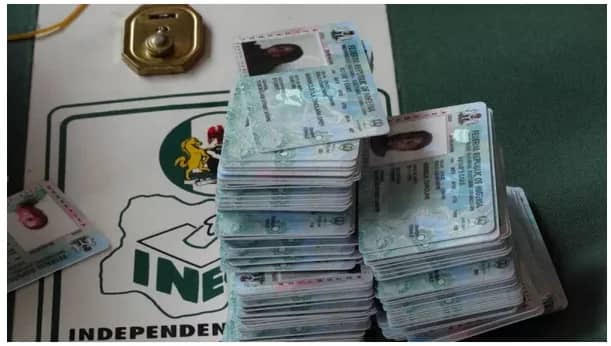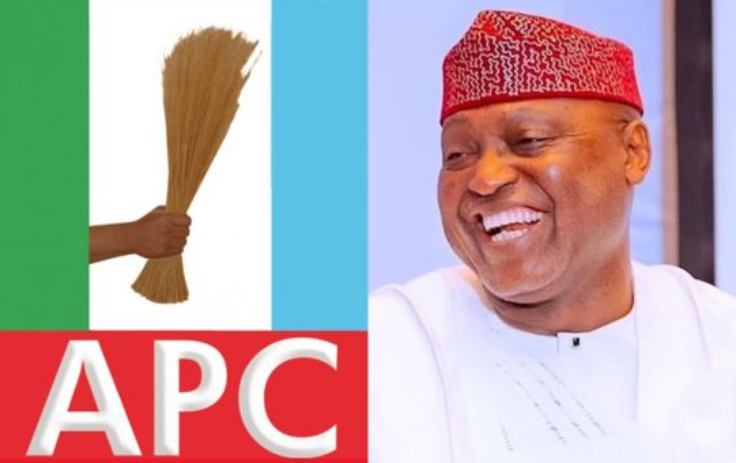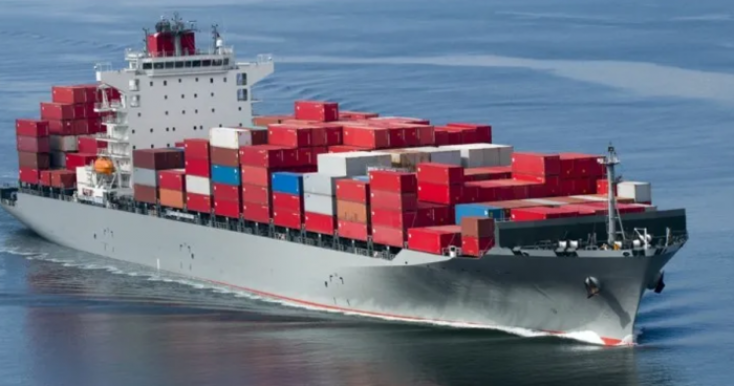
President Bola Ahmed Tinubu
The Federal Government between the period of March 2024 and May 2025 released a total sum of 1.6tn to States governments and the Federal Capital Territory as financial support to bridge infrastructural gap, assist security projects.
This was contained in an official records from the Office of the Accountant-General of the Federation.
The disbursement became pertinent following the insecurity widespread and the critical state of infrastructure in some states.
This gesture according to the federal report would bolster infrastructure development and strengthening security operations at the subnational level.
These details were contained in internal documents from the OAGF, submitted at the May 2025 Federal Accounts Allocation Committee meeting, obtained on Sunday.
According to the document, the committee distributed a total of N1.659tn to the Federal Government, state governments, and local councils, a decrease of N22bn compared to the N1.681tn shared in April.
The disbursements were made under a special intervention programme funded through non-oil revenue savings, as part of efforts to ease fiscal pressure on subnational governments and accelerate project execution at the grassroots.
The document, titled “Ledger of Savings on Intervention to States Infrastructure and Security,” showed that the payments were drawn from non-oil revenue savings, totalling N1.7tn within the 15 months.
However, the document did not disclose how much each state received or whether the funds were disbursed separately from the monthly revenue allocation.
Details of the transactions indicated that the total receipts by the Federal Government over the period stood at N1.7tn, from which N1.6tn was paid out to state governments and the Federal Capital Territory, leaving a balance of N100bn as of 16 May 2025.
Each payment is recorded as a “Payment for Intervention to States and FCT”, while corresponding inflows are titled “Transfer from Non-Oil Savings.”
The cumulative breakdown shows that 21 separate payments were made during the period, amounting to N1.6tn, with a remaining balance of N100bn in the account as at 15 May 2025.
The first tranche of N200bn was transferred on 20 March 2024, covering January and February 2024. From then on, disbursements of N100bn or more were made almost every month. A peak payment of N222bn was recorded in May 2024.
It would be recall that, President Bola Tinubu as at July 20, 2023 approved the establishment of the Infrastructure Support Fund for the 36 states of the federation as part of measures to cushion the effects of the petrol subsidy removal on the people.
Speaking on the disbursement, the Special Adviser to the President, Special Duties, Communications and Strategy, Dele Alake, said, in a statement, “The new infrastructure fund will enable the states to intervene and invest in the critical areas of transportation, including farm to market road improvements; agriculture, encompassing livestock and ranching solutions; health, with a focus on basic healthcare; education, especially basic education; power and water resources, that will improve economic competitiveness, create jobs and deliver economic prosperity for Nigerians.
“The committee also resolved to save a portion of the monthly distributable proceeds to minimise the impact of the increased revenues, occasioned by the subsidy removal and exchange rate unification, on money supply, as well as inflation and the exchange rate.”
He added, “These savings will complement the efforts of the ISF and other existing and planned fiscal measures, all aimed at ensuring that the subsidy removal translates into tangible improvements in the lives and living standards of Nigerians.”
A breakdown of the transactions reveals that in March 2024, the FG received N300bn in non-oil savings and paid out N100bn to states. In April 2024, N100bn was received and N100bn was disbursed.
In May 2024, there was no recorded receipt, but the FG paid N222bn, the highest single disbursement in the 13 months, to the sub-nationals. In June 2024, N100bn was received and N100bn was paid.
In July 2024, another N100bn was received, and N100bn was disbursed. In August 2024, N100bn came in, and N100bn went out. In September 2024, the FG received N100bn and paid N100bn to the states. In October 2024, N100bn was received, followed by a N100bn disbursement.
In November 2024, N100bn was received and N100bn was paid out. In December 2024, no data was recorded, suggesting either a pause or a delayed transaction. In January 2025, no receipt or payment was recorded in the ledger.
In February 2025, N200bn was paid to states without a corresponding recorded saving receipt, indicating it may have drawn from previous balances. In April 2025, N100bn was received, and N100bn was disbursed.
In May 2025, no new receipt was recorded, but N100bn was paid out, likely for April obligations. By May 2025, the Federal Government had disbursed N1.6tn out of the N1.7tn saved, leaving a balance of N100bn in the intervention account.
The regular monthly payments, typically N100bn, reflect a structured intervention strategy by the FG to provide fiscal support to subnational governments.
The payments, made monthly under the Federation Account framework, are aimed at supporting subnational governments to address pressing infrastructure gaps and security-related challenges. However, questions remain over how the funds are being utilised by states, especially given rising public concern about transparency in state-level spending.






